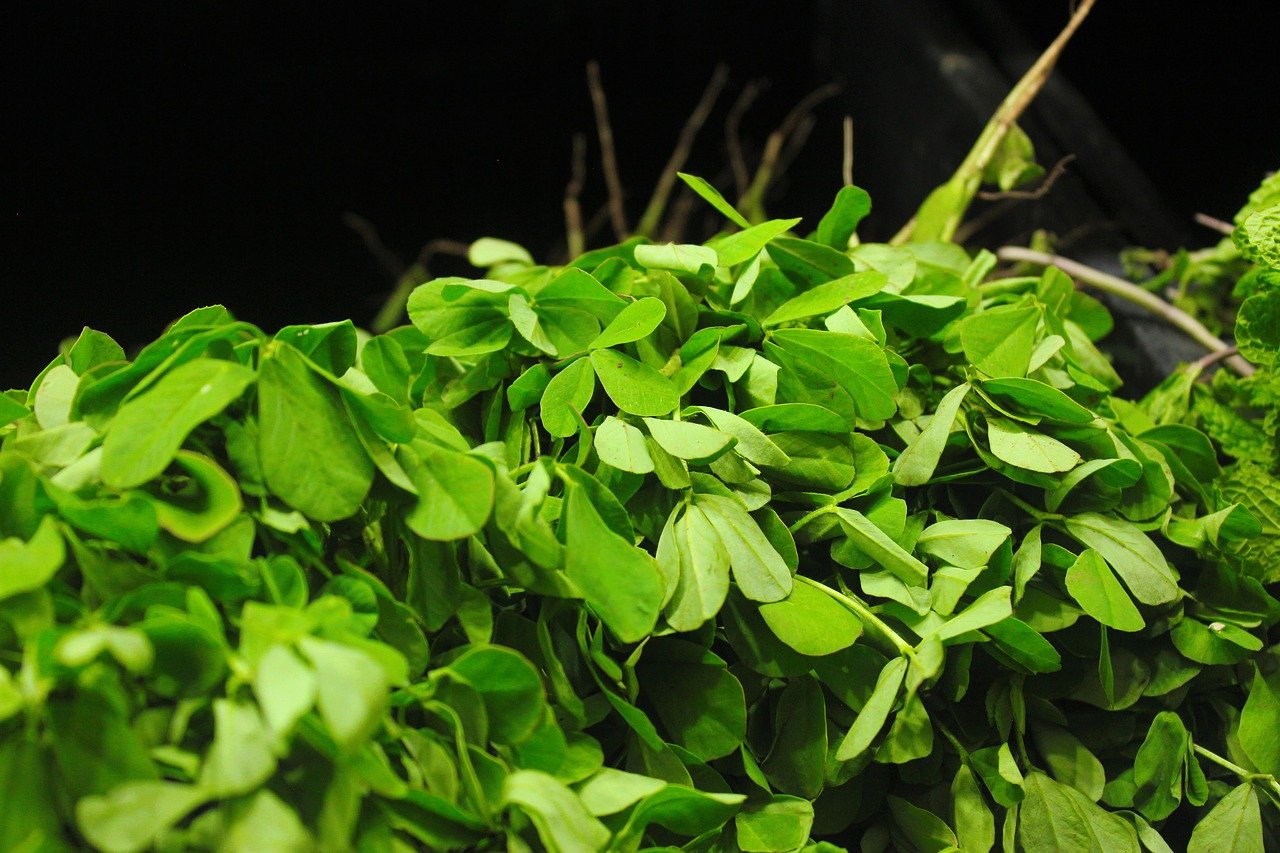Fenugreek (Trigonella foenum-graecum) seeds contain mucilage, trigonelline, 4-hydroxyisoleucine, sotolon, diosgenin, luteolin, phenolic acids, and protodioscin and is “generally recognized as safe” when used as a flavouring by the U.S. Food and Drug Administration. Many parts of the world use fenugreek to increase breast milk supply and is often found as an ingredient in products advertised to increase milk supply. Scientific evidence on the use of fenugreek in nursing mothers and children is limited although some studies have shown that it may have a slight effect on breast milk. It has also been shown that fenugreek may be most effective in the first few days post-partum rather than after two weeks. However, it should be noted that there was no consistency in the products used in the studies which have been carried out so results may vary.
Fenugreek is generally well tolerated in adults, although gastrointestinal side effects such as nausea, vomiting, diarrhoea and flatulence can occur. Fenugreek, either used alone or in herbal combinations, has been reported to cause liver toxicity. One nursing mother taking fennel, fenugreek, and goat’s rue to help increase her breast milk supply experienced diarrhoea and an enlarged liver whilst another reported increased heart rate and breast congestion. Allergic reactions, an increase in asthma symptoms and a 14% decrease in potassium have all been reported. In addition, one nursing mother developed toxic epidermal necrolysis which was thought to be due to her use of fenugreek to help with her breast milk supply.
An interaction with chickpeas, peanuts, and other legumes is possible.
A dose of fenugreek 1-6 g daily is the amount typically used to increase milk supply. It should however be noted that 25 g or more taken daily can cause lowering of cholesterol and blood sugar. Fenugreek can also interact with warfarin to cause bleeding. Women with diabetes mellitus or those taking warfarin should therefore only use high doses of fenugreek with extreme caution. A survey of nursing mothers carried out in the US found that 45% of those who had used fenugreek to help with their breast milk experienced an adverse reaction from the supplement. One of the more unusual side effects reported is that fenugreek can cause the urine, sweat, faeces and possibly breastmilk to smell like maple syrup.
Edited extract from the Drugs and Lactation Database, National Institutes of Health, USA

